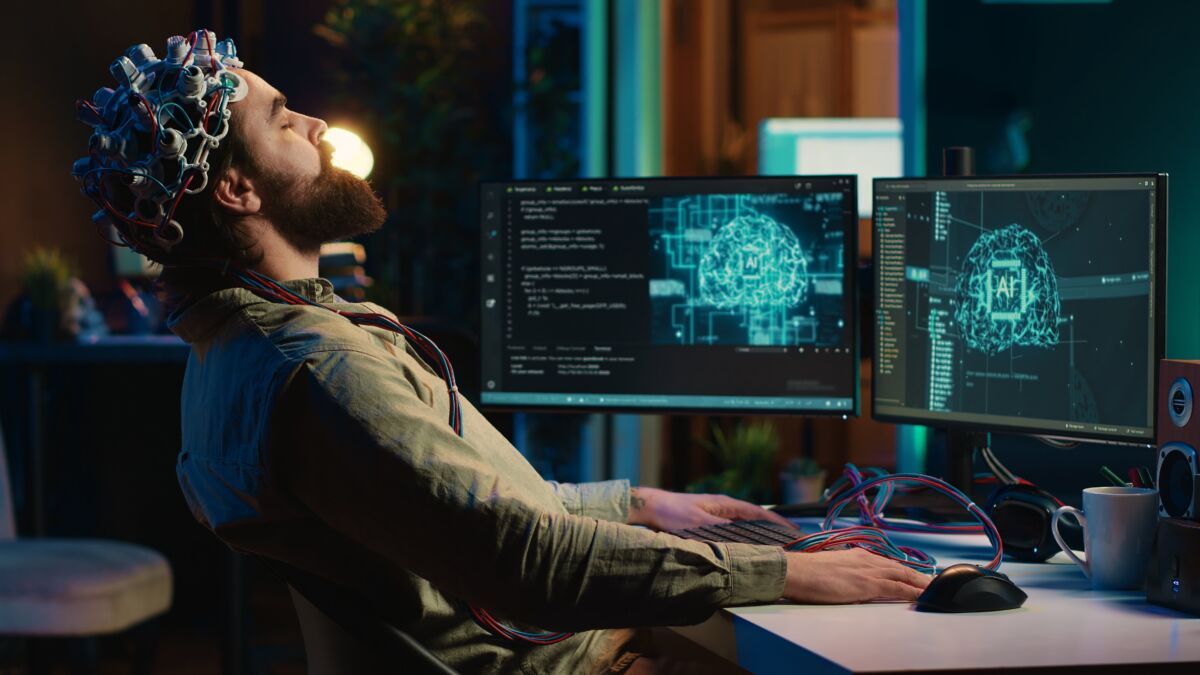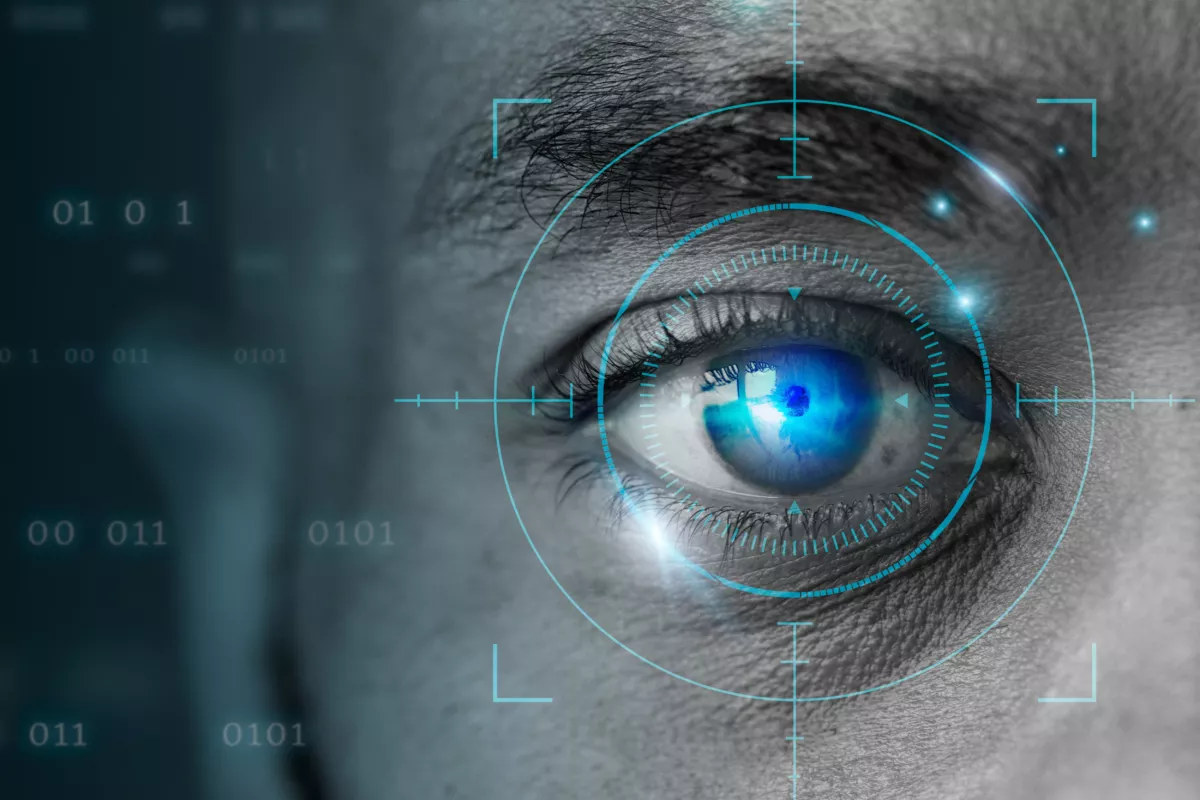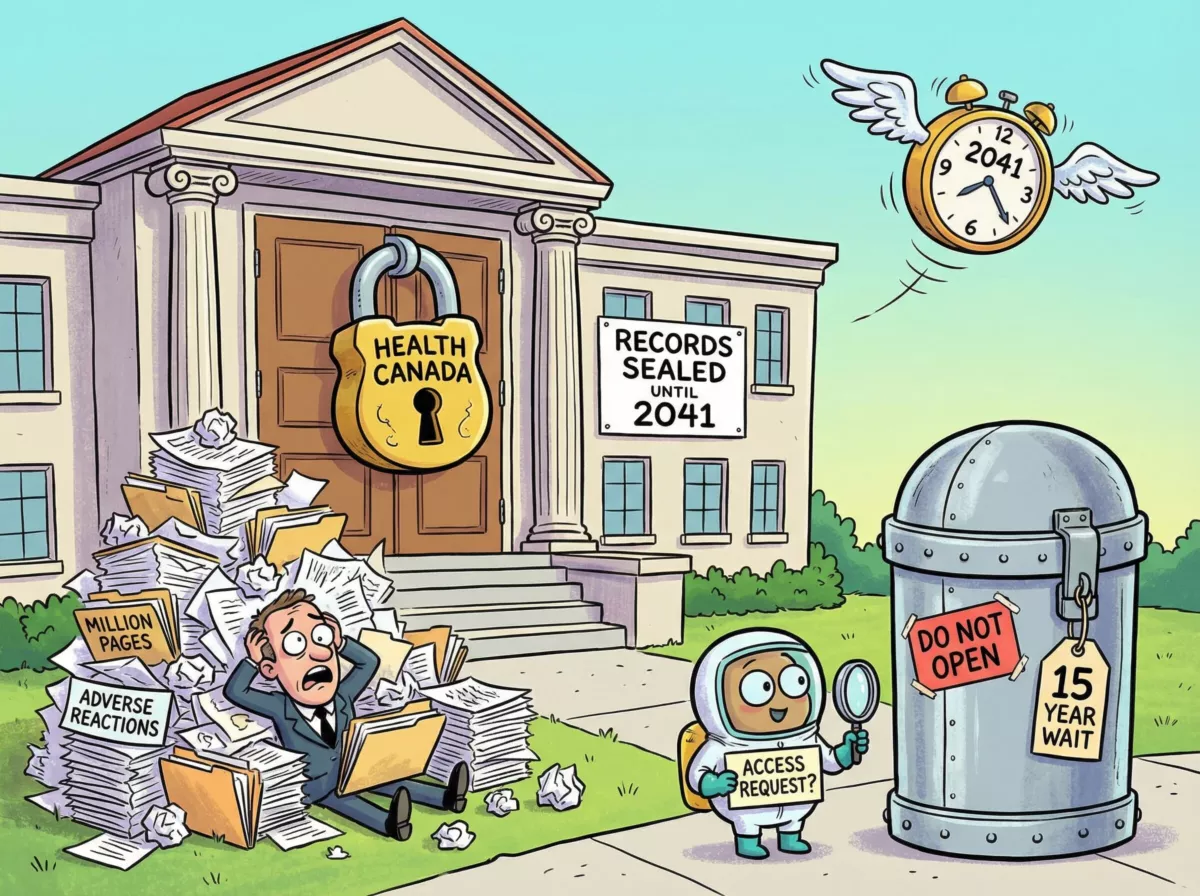The Cybernetic Mirage
How the Machine Age Seduces Humanity into Its Own Deletion
By White Wolf
The Hidden Trap in the Age of Artificial Flesh
When I first began speaking on cybernetics and transhumanism, I never imagined how quickly fiction would merge with fact. What was once science fiction—the merging of man and machine—has become a marketing campaign dressed in medical progress and entertainment.
The world now tells us that to transcend our human limits, we must merge with the mechanical; to heal, we must be augmented; to survive, we must upload ourselves. Yet behind this gleaming promise lies an old deception—one as ancient as Eden itself—that man can become god by his own hand.
Cybernetics, as I see it, is not a harmless science of feedback loops and robotic limbs. It is a philosophical weapon—an attempt to redefine the human being at the level of essence.
This essay explores the danger of that redefinition, drawing upon cultural myths, historical conditioning, and the psychological warfare that has primed modern man to accept the loss of his soul in exchange for technological comfort.
The Propaganda of Progress
The doctrine of cybernetics began not with laboratories, but with storytelling. For more than a century, the idea of the “augmented human” has been seeded in the collective imagination through novels, films, and now digital immersion.
From Metropolis in the 1920s—the first full-length film to depict a mechanical woman ruling a city—to modern series like Ghost in the Shell, the message has remained constant: the mechanical man is the “next step” in evolution.
Don’t lose touch with uncensored news! Join our mailing list today.
But fiction has a strange power. It trains emotion before logic ever has a chance to intervene. When you have watched enough heroes become half-machine, when you have cheered for cyborgs who feel more “human” than the flesh-bound men around them, your subconscious accepts the mechanical as noble. That is how the propaganda works—not through argument, but through repetition, glamour, and sentimentality.
And this propaganda, I believe, is not accidental. It prepares the ground for transhumanist ideology—the belief that biology is broken and must be replaced.
Those who promote this creed promise liberation from weakness, but their methods reveal the opposite. They seek a humanity made dependent on corporate systems—dependent for motion, for memory, for identity. The “upgrade” becomes the leash.
The Inversion Principle
The most dangerous lies are not the outrageous ones, but the subtle inversions of truth. Cybernetics sells itself as a cure—for disease, disability, aging, and limitation—yet in reality it destroys the very mechanisms through which humans heal and transcend.
The human body, designed by God to repair itself, becomes obsolete once it is replaced by synthetic substitutes. Once a man agrees to “swap out” his natural arm for an engineered one, he becomes beholden to the engineers for maintenance, updates, and even permission to exist.
This dependency is not an unfortunate side effect—it is the goal. When your body runs on proprietary systems, you are no longer sovereign—you are owned.
We see the conditioning for this inversion everywhere. Society no longer celebrates healing, but modification. We are told that the body is “just a vessel,” that gender, biology, and mortality are all malfunctions waiting for the proper technological fix.
But this is not progress—it is nihilism with a silicon smile. It is the rejection of divine design disguised as empowerment.
To understand how people come to accept such an inversion, one must grasp what I call the Delphi technique of the soul. Over time, through movies, social media, and moral whataboutism, people are nudged degree by degree from what is natural to what is inverted.
What began as sympathy for medical prosthetics becomes celebration of elective augmentation; what began as curiosity about AI becomes belief in digital salvation. The end result is not enlightenment—it is the surrender of man’s image to his own invention.
The Human Ghost in the Machine
One of the most profound explorations of this deception came not from a pulpit, but from a piece of Japanese science fiction: Ghost in the Shell. Its protagonist, a woman whose body was replaced piece by piece with machinery until only her brainstem remained human, spends the story asking the only question that matters—Am I still human?
That question, I think, is the heart of the cybernetic dilemma. At what point does a man cease to be a man? If you replace his limbs, he remains a man. If you replace his organs, perhaps still. But what of his senses, his memory, his consciousness—when they are filtered through machines, simulated, and edited by code? The illusion of humanity may remain, but the essence will not.
The series also exposed the moral corrosion of dependency. Soldiers who accepted cybernetic enhancements to continue their patriotic service found themselves bound by contracts that stripped them of autonomy. Once their upgrades became obsolete, they were discarded like outdated software.
That story was fiction—yet it mirrors the real spiritual condition of modern man. We have become ghosts in our own shells—living through screens, mediated by technology, addicted to the illusion of connection.
The cybernetic trap does not begin with implants; it begins with convenience. Each generation grows more dependent on digital intermediaries, until one day the physical interface will seem a natural next step. At that point, the trap will close—the mind uploaded, the soul forgotten.
The Moral Cost of Mechanization
In Scripture, man was given dominion over creation—not to dominate it cruelly, but to steward it wisely. Cybernetics reverses this order. The creation now seeks dominion over man. We are told to obey the algorithm, trust the AI, and submit to “data-driven” governance. The machine becomes master, and man becomes subject.
This moral inversion is evident in every sphere. Artificial intelligence dictates hiring, medical treatment, even the news we see. Digital IDs and biometric surveillance masquerade as security while quietly mapping every gesture of our lives. Cybernetics extends that surveillance inward, into the very body—the quantified self monitored and managed in real time. It is the completion of the total state, the fusion of biology and bureaucracy.
What makes this so insidious is that it is voluntary. Unlike the tyrannies of old, which ruled by fear, the cybernetic order rules by consent—the consent of the distracted, the entertained, and the addicted. Each device, each wearable, each implant is marketed as convenience, health, or personalization. Yet behind every device is a data broker, a programmer, and an unseen hierarchy of control.
This, I contend, is not merely political or technological, but spiritual warfare. The ultimate aim of transhumanism is not to enhance man but to delete him—to remove the unpredictable, soulful, God-made human from creation and replace him with a predictable, programmable proxy.
It is a depopulation program dressed as evolution. The promise of eternal digital life is merely the final insult: existence without soul.
Choosing the Flesh Over the Phantom
Cybernetics, in its modern form, is not the future—it is the foreclosure of the human story. It offers immortality but delivers enslavement; it promises transcendence but ensures dependence. Those who accept its terms may gain convenience, but they lose the one thing that makes life worth living—the sacred struggle of imperfection guided by divine will.
We are not designed to be frictionless machines. We are designed to grow, to heal, to fail, and to rise again through faith and perseverance. Our scars are not flaws—they are proof that we are alive.
The danger of cybernetics is not merely in its physical manifestation but in its philosophy—that man is a problem to be solved rather than a soul to be redeemed. Once we accept that premise, the rest follows logically: the chip in the hand, the implant in the brain, the algorithm in the heart.
The antidote is awareness—to recognize that this entire technological edifice depends upon our consent. We can withdraw it. We can step back from the machine and rediscover the miracle of being human. No circuit and no code will ever equal the image of God.
Read more by White Wolf on prosepma.ca/forum














